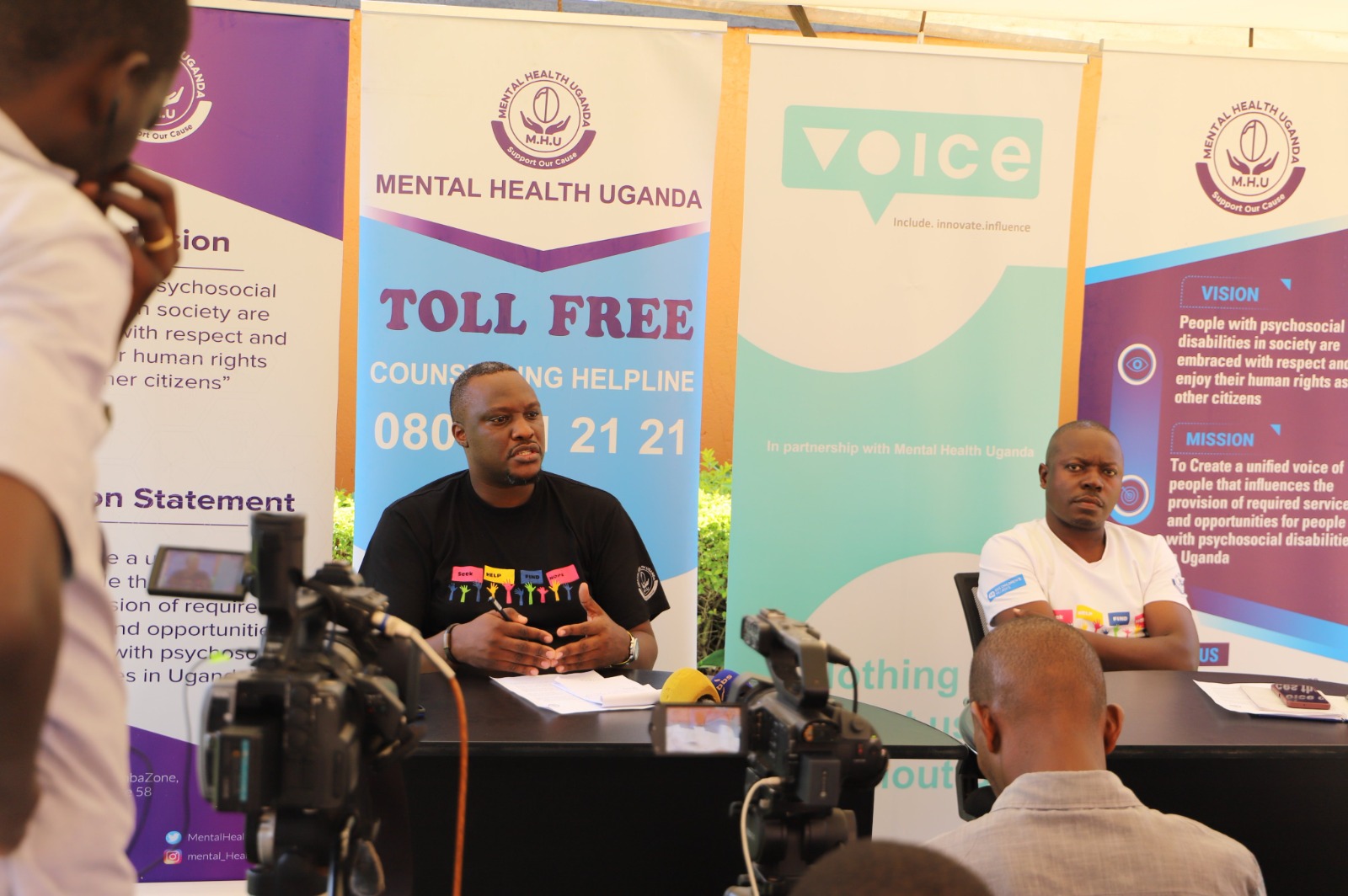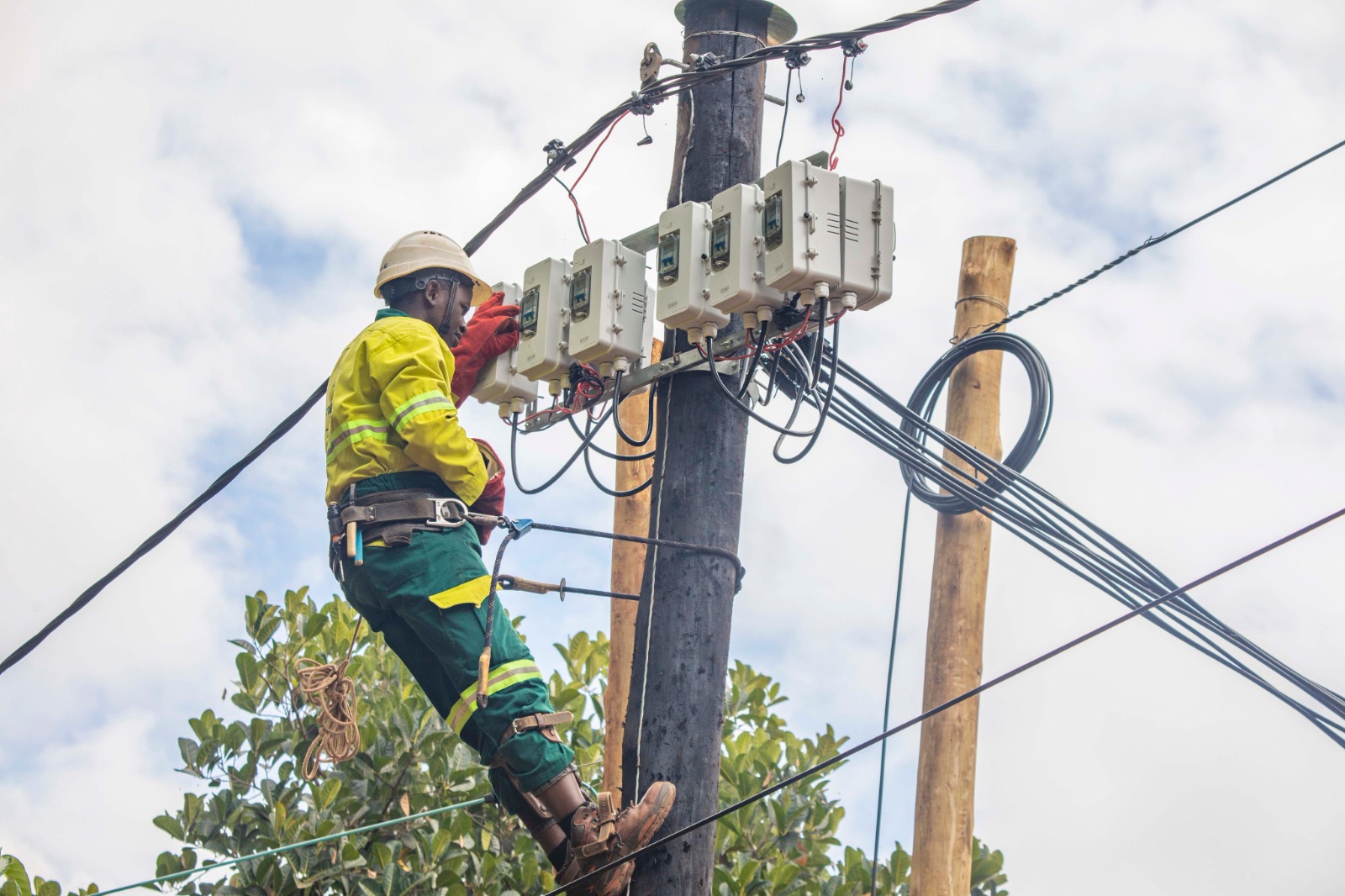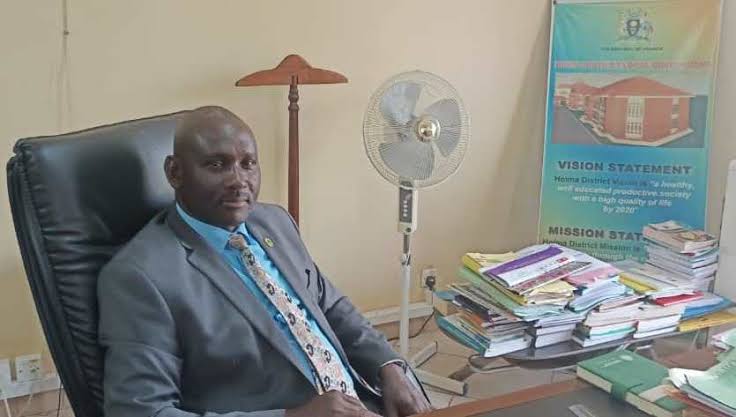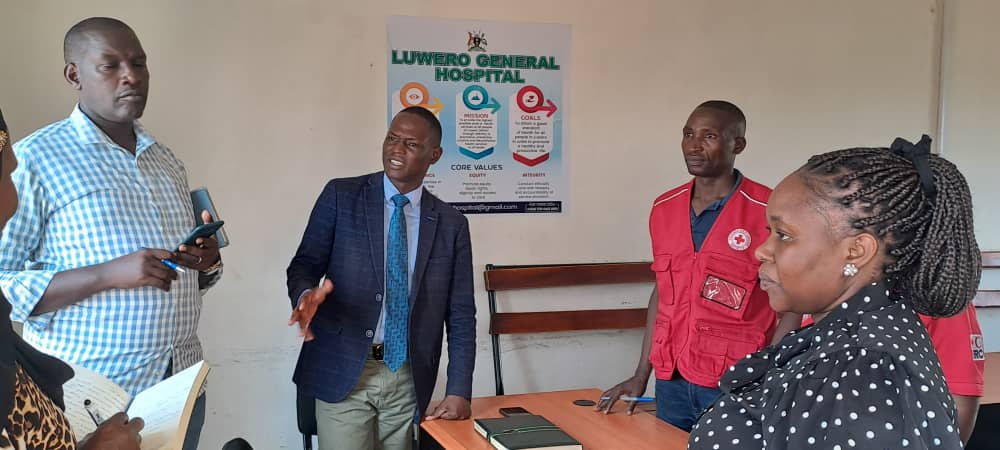Free talk therapy ramped up to combat mental health crisis

Uganda is grappling with a mental health crisis, with suicide rates soaring and experts calling for urgent national action.
People with mental health conditions face severe stigma, isolation, and abuse, often left without adequate care and support, contributing to the rising suicide numbers.
The most affected age group is 20-45 years, with men being three times more likely to die by suicide than women.
Although women contemplate suicide more frequently, they often seek help due to their openness about the issue.
In response to this crisis, Mental Health Uganda has launched a toll-free helpline to provide free talk therapy and support.
Mr Derrick Kizza Mbuga, executive director of Mental Health Uganda, highlights various factors contributing to the mental health crisis, including poverty, unemployment, alcoholism, drug abuse, and violent crimes.
Youth unemployment stands at 41 percent, with 9.3 million young people lacking access to education, employment, or training, according to the UBOS National Labour Force Survey Report, 2021.
A 2023 school-based study in Wakiso and Gulu by Mental Health Uganda and SOS Children’s Villages revealed that 20 percent of students had contemplated suicide.
The study identified triggers such as bullying, body shaming, examination pressure, and strained relationships with parents and teachers.
Despite the increased visibility of suicide cases due to technological advancements, many incidents go unreported because of societal stigma towards both the victims and their families.
Mr Mbuga said the COVID-19 pandemic has highlighted the need for mental health care to be a central focus in communities.
"Mental health problems do not discriminate by tribe, color, sex, location, or age. All of us can potentially be victims," he said.
"Although increasing access to treatment is important, having open conversations about mental health should be commonplace across society. It is okay not to be okay."
Research by the World Health Organisation (WHO) indicates that countries which have decriminalised suicide, such as Ghana, India, and Pakistan, report declining numbers of suicide deaths.
In contrast, countries where attempted suicide is criminalized, like Uganda, experience rising suicide rates.
From May 2021 to-date, 64 percent of callers to the helpline have been managed through talk therapy.
To address the mental health crisis effectively, Mental Health Uganda recommends that suicide be decriminalised.
Suicide is a criminal offence under Section 210 of the Penal Code Act but the organisation says amending the law would ease access to timely mental health care.
Mental Health Uganda also says workplaces, educational institutions, and places of worship should integrate mental health care and services, providing reasonable accommodation and establishing safe spaces for those in need.
The organisation also says the Ministry of Health should expedite the implementation of all aspects of Community Mental Health Care as outlined in the Mental Health Act 2019.
This includes increasing care utilization and access, raising awareness, and supporting the key role of families in providing care.
By taking these steps, Uganda can work towards reducing the stigma surrounding mental health issues and building a supportive environment for all individuals.
Improving access to treatment and fostering open dialogue about mental health are crucial for creating a healthier future for the country.
Mental Health Uganda’s efforts are a vital part of this process, offering hope and support to those in need through their toll-free helpline and dedicated advocacy for better mental health policies.














